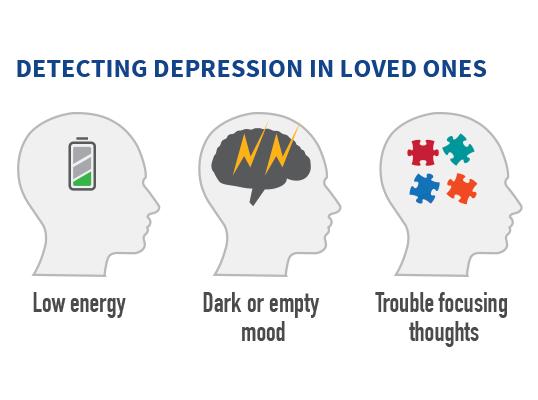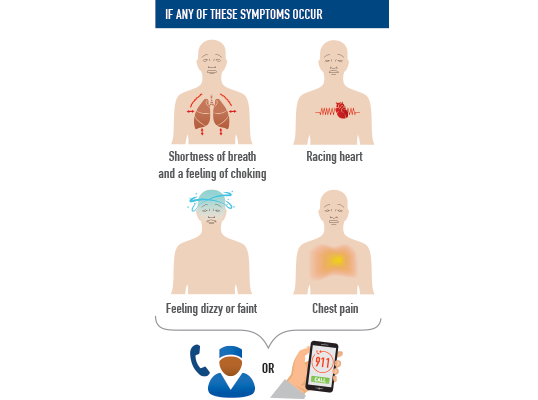For caregivers who have to quit their job
Caregiving itself can be a full-time job, but many caregivers already have paying jobs. There will be times when there will be more demands on the caregiver, for instance, when the patient is diagnosed, getting cancer treatment, getting treatment for recurrence, or nearing the end of life. The employed caregiver may end up having to take time off from their paying job for caregiving.
- If you need some time away from work, speak with your boss or benefits office.
- If your workplace has an Employee Assistance Program (EAP), look into what it offers.
- The Family and Medical Leave Act (FMLA) guarantees up to 12 weeks off per year to take care of a seriously ill family member (spouse, parent, or child). It only applies to larger companies, and not every employee qualifies for it. If you can’t or don’t want to stop working, you might be able to take unpaid time off under the FMLA.
Can my loved one keep working during treatment?
Your loved one with cancer often wants to keep working through treatment. In some cases, it’s possible. In others, it doesn’t work well.
Taking time off: The employee with cancer who wants to keep his or her job may be able to take some time off during treatment, using either company benefits or the Family and Medical Leave Act (FMLA).
Wanting to keep working: Facing cancer often brings with it an increased sense of the importance of work in a person’s life. Working can boost self-worth and help the person focus on what they’re able to do rather than on their illness.
Returning to work after treatment: As curative treatment (treatment aimed at producing a cure) winds down and the doctor checks the patient for any remaining signs of cancer, the patient may be given the “all clear” to go back to work. Or it may be that your loved one needs to slowly increase their work duties – this will depend on their physical condition and the type of job they have.












